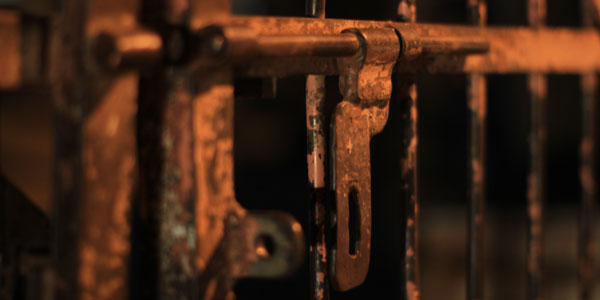
In any popular crime drama on Indian television, one can see a very dark picture of India's youth—confused, misguided, full of aggression, greed, lust and capable of extreme cruelty. Reality is equally appalling. Among the main accused in the 2012 Delhi gangrape and the 2013 Shakti Mills gangrapes are juveniles. Incidents of road rage and ragging also fill our newspapers. It seems that juveniles are capable of some of the most violent sort of crimes like murder and sexual assault.
According to the National Crime Records Bureau's 2012 data, the number of crimes committed by juveniles has seen a 50% increase between 2002 and 2012. Amongst the reported crimes in 2012, around 95% were committed by boys and most of them between the ages of 16–18 years. The stark gender difference in this recorded criminality begs this question to be asked: Why do young men commit so many more crimes and more serious crimes than young women?
Sociologists see a two-fold reason behind this criminal behaviour—one is the inherent personality of the child and the other includes external factors which affect behaviour, like family, school, neighbourhood and popular culture. Enakshi Ganguly, co-founder of HAQ: Centre for Child Rights, says the role of the surroundings plays a major role in creating his/her mindset. “It's there all around them—in the family they are seeing violence, in the community they are seeing violence, in films they are seeing violence. So they think that it is okay to be violent.”
Apart from exposure to violence, it is also a certain construction of violent masculinity that the boys are imitating from these influences. “It's about assertion of power and about role modelling,” says Ganguly. “It's a very peculiar role modelling, it's all about machismo. Your role models are violent.” So drinking alcohol, walking arrogantly and being violent become a rite of passage in asserting their masculinity.
Shahbaz Sherwani, programme officer with HAQ, emphasizes on the importance of socialization of boys in the family. “Girls account for just 5%–6% of the crimes and boys are accountable for the rest.” The reason behind this could be the socialization process, where we encourage boys to be more aggressive,” he says. “We ask them, “How did you get beaten? Why didn't you fight back? Why are you coming home crying like a girl?'”
On one hand there is the encouragement of violent acts and on the other, there is no space for expression of emotions. Mr Sherwani talks about a murder case where a boy from a middle-class family got into a fight with other boys regarding a girl. The boys beat him up once, so the second time he was carrying a knife and stabbed his attacker—and killed him. “Now these are good boys, from good families. But we have not taught them how to deal with anger,” says Mr Sherwani. “So when they do feel angry, they don't know how to deal with it. They don't have space at home or in society where to feel comfortable enough to talk about their emotions.”
As long as the idealized male role is perceived as being tough, competitive, violent and emotionally inexpressive, the cases of crimes committed by juveniles will continue. We have to dig deep into our own prejudices and challenge these perceptions. We have to make boys comfortable in expressing themselves in ways which are non-violent and empathetic. Only then can we expect the lost boys to find their way.